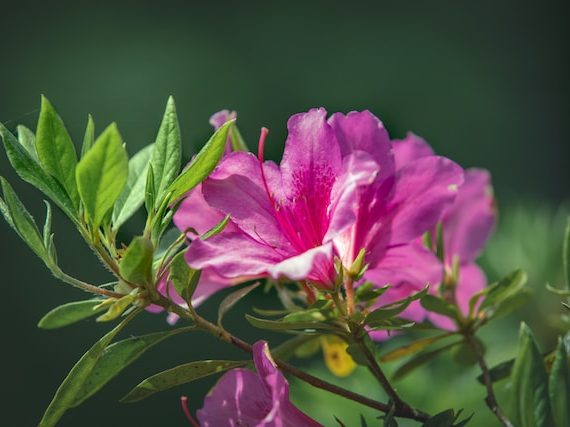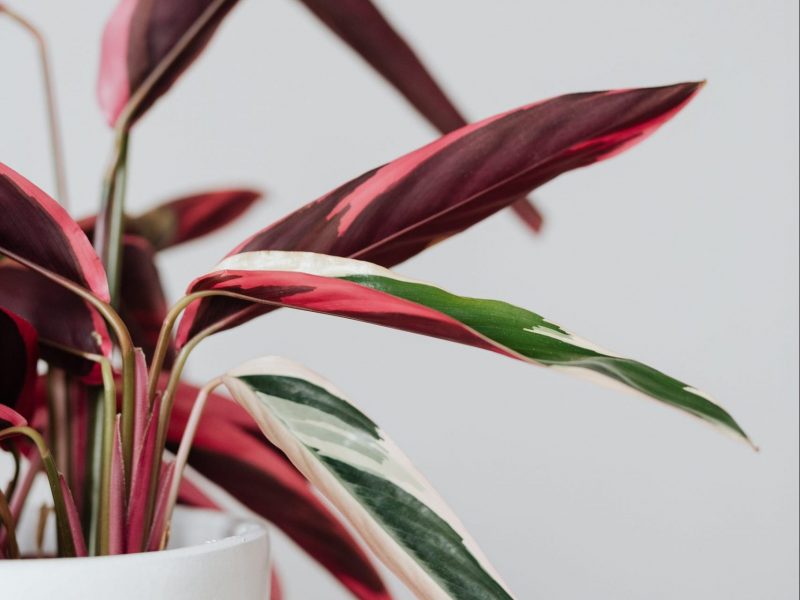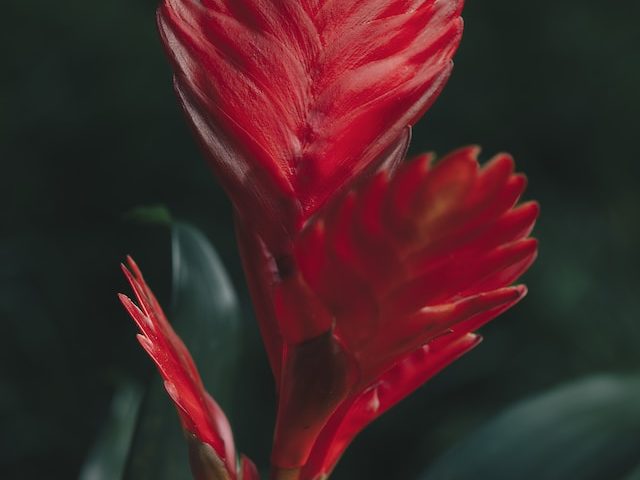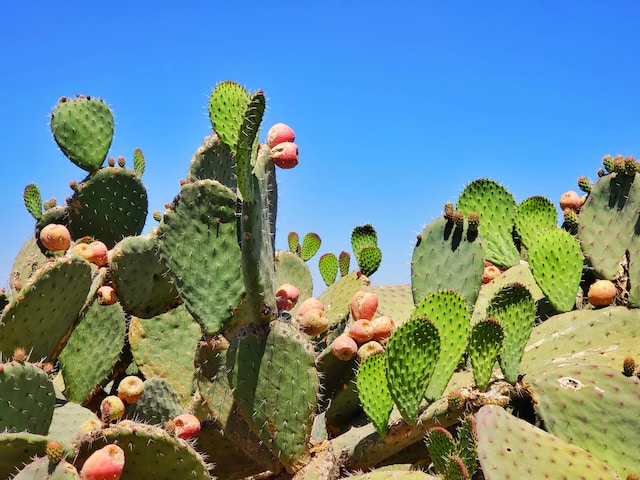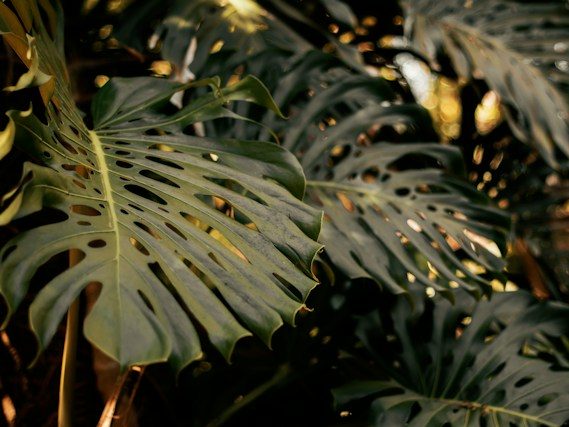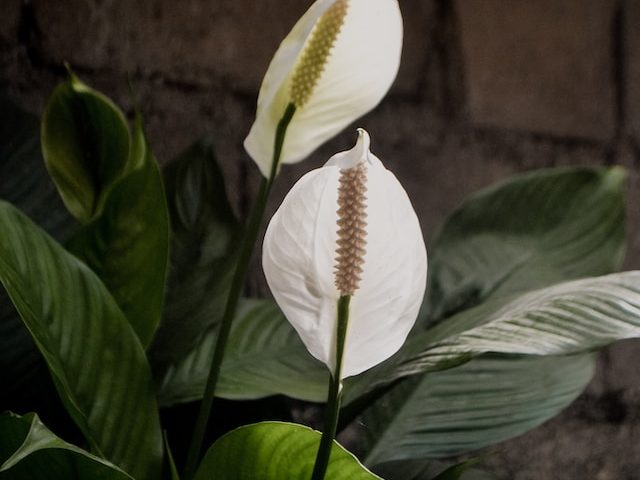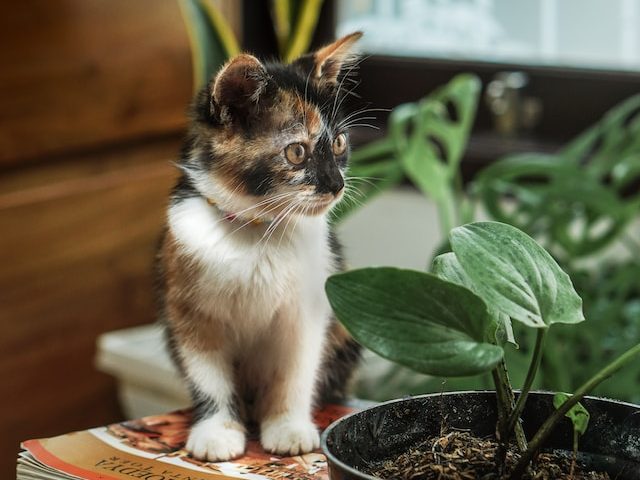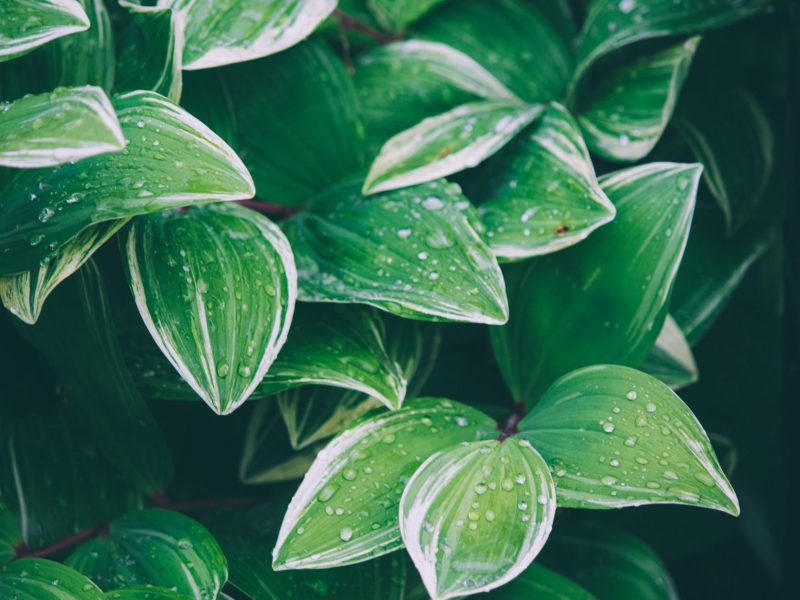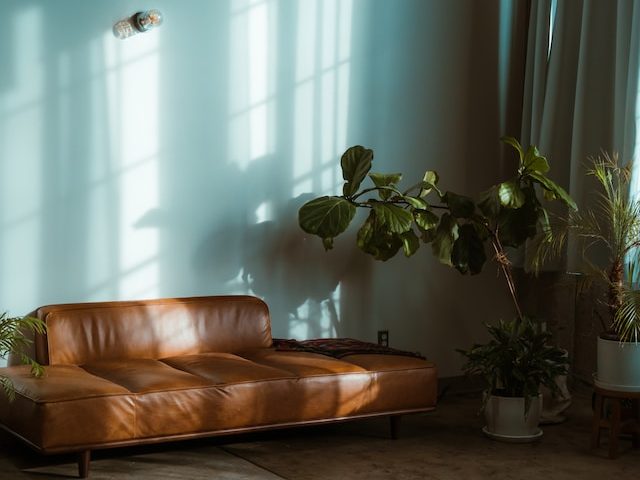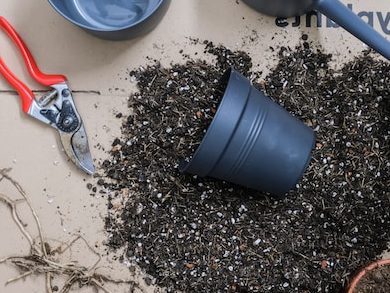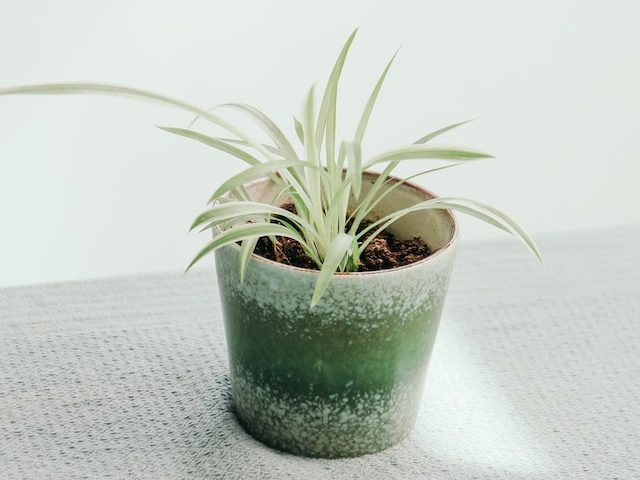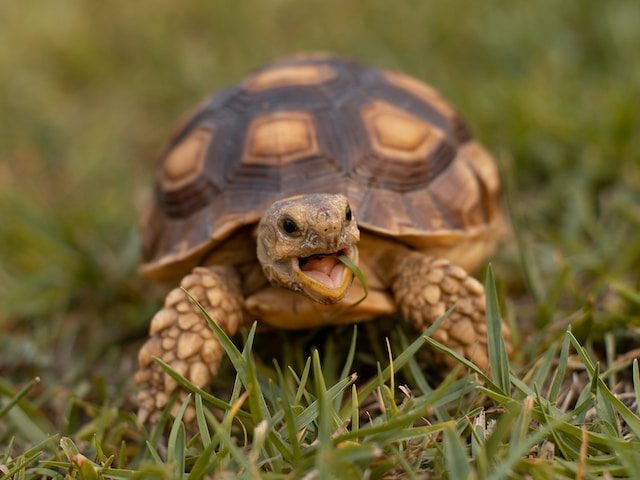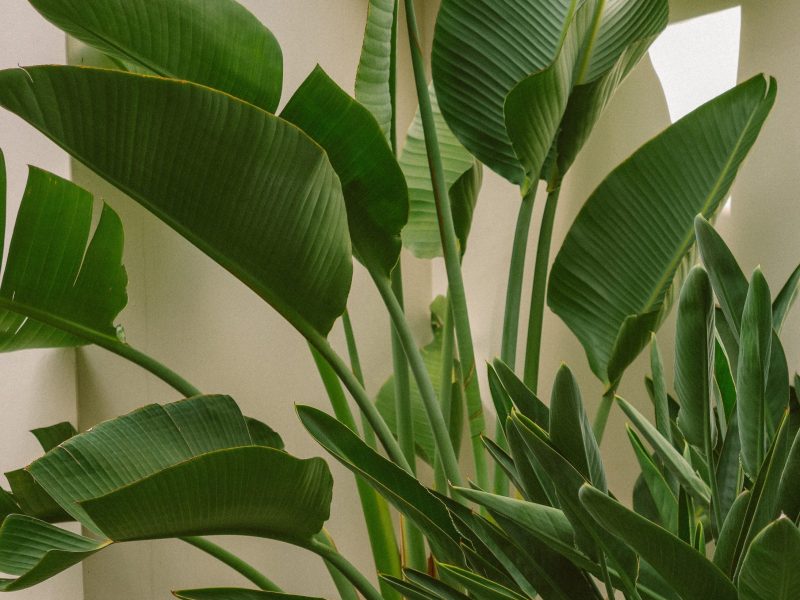
Bird of Paradise plants are pretty hardy plants that can be really easy to care for once you’ve got the environment right. However, if you do start to notice that your Bird of Paradise’s leaves are curling, this may be a symptom of incorrect care or an issue with one (or more) of the environmental factors.
We have put together this guide to go through all of the different reasons why Bird of Paradise plants develop curling leaves as well as how to spot, treat and prevent the problem so you can get your plant back on track in no time.
Overwatering may be causing the curling leaves on your Bird of Paradise
Improper watering is one of the biggest issues for most houseplants and Bird of Paradise plants are no different. Whilst they are definitely a lot less sensitive than other plants, overwatering them can cause some real issues over time. One of the most common issues caused by overwatering your Bird of Paradise is curling leaves, so we recommend this as the first issue to check out when trying to diagnose the problem.
Bird of Paradise plants hate it when their soil is too damp and overwatering will cause their leaves to start curling upwards in response. As a guide you don’t want to be watering your Bird of Paradise more than once a week during summer and much less during winter. There are of course lots of other factors that determine how much you should be watering your plant (such as age, size, maturity, temperature, light level) so it’s all about finding the right balance for your plant.
Using a moisture meter is also a great way to take the guessing out of watering your Bird of Paradise. You just pop them in the soil and it’ll tell you how dry or damp the soil is. This means you don’t have to start lifting your plant to gauge how moist the soil is because this can be quite dangerous with large plants such as Bird of Paradise.
If your Bird of Paradise’s soil is waterlogged (which confirms overwatering as the cause of the curling leaves), we recommend replacing it immediately and adjusting your watering pattern. This should hopefully stop your Bird of Paradise’s leaves from curling drastically.
To prevent the issue again in future, it could be worth investing in a good quality self-watering plant pot. These take all of the trouble out of the process and will make sure that your plant isn’t resting in stagnant water – eliminating the risk of root rot or other issues that can develop as a result of overwatering.
Underwatering can also cause leaf curl in Bird of Paradise plants
Too little water can also cause your Bird of Paradise’s leaves to start curling. Although Bird of Paradises hate their soil being soggy, they also cannot deal with dry soil for too long.
If you find that your Bird of Paradise’s soil is bone dry and the roots have started to crisp up, then underwatering is probably what is causing the curling leaves.
To fix the issue, you want to avoid drowning your plant in water as this can either cause shock or the water will just run out of the drainage holes without actually getting to the root system. Instead, you want to soak your Bird of Paradise for about 15 to 20 minutes so that the plant can take in as much water as it wants without the risk of waterlogged soil.
If the air is too dry, your Bird of Paradise’s leaves can start curling
Bird of Paradise plants like quite humid environments and can struggle in homes with really dry air. This can be especially damaging in the winter months when we often have the heating on for several hours a day. Curling leaves is one of the ways that many houseplants try to reduce moisture loss.
A lack of humidity in the air can cause your Bird of Paradise’s leaves to curl, and eventually maybe even fall off if the problem persists for a long time.
Humidity can be a difficult thing to properly diagnose because it’s less obvious than water and light levels so the best way to do this is to use a humidity monitor. You can often get humidity and temperature meters in the same device and that is every plant parents best friend! They can really help you spot any fluctuations before it’s impacting your plant’s health. So definitely a worthwhile investment.
To solve the issue, make sure to mist your Bird of Paradise every few days with a spray bottle, this should help prevent the plant from drying out. If you want an even easier solution to humidity issues, consider investing in a humidifier. These affordable little devices make it super easy to keep a more consistent increased humidity level.
Check out our houseplant humidity guide for more information on humidity levels and what your plant needs.
Pests can also cause curling leaves on a Bird of Paradise
Whilst pests are a rarer issue compared to some of the problems listed above, it can be a very worrying problem so it’s important you rule it out straight away.
The first thing to do is inspect your Bird of Paradise plant fully by looking at the undersides of the leaves, the stems and also in the potting mix. You want to look out for any of the following signs: holes in the leaves, brown or yellow spots, white webbing, white powder and of course visible pests on the plant or in the potting mix.
If you do find pests (or signs of them) isolate your Bird of Paradise immediately to stop the spread across your other plants and make sure to inspect your entire urban jungle.
We recommend giving your infected plants a shower but make sure the water pressure isn’t on full or this could damage the leaves. If this doesn’t get rid of the pests, you can treat your Bird of Paradise with neem oil to fight the infestation.
Heat stress can also cause curling leaves
Another factor that can cause curling leaves on a Bird of Paradise is high temperatures. This links in with some of the other issues above as if your plant is exposed to a lot of warm air, it will dry up quickly and your plant will curl its leaves to save moisture.
Using a thermometer is the best way to spot any changes in temperature as it might be that your plant is too close to a window that gets the afternoon sun and is therefore sitting in a hotspot for half of the day.
The solution for this is simple and that’s to find a slightly cooler spot for your Bird of Paradise, making sure it is far away from radiators, heating vents, south-facing windows and cookers.
Check the environment for drafts and cold air
On the other end of the temperature spectrum, cold air can also cause curling leaves (which is why a digital thermometer will be your best friend). Make sure that you draft-proof any windows/ doors that are close to your Bird of Paradise (and other tropical or heat-loving houseplants).
But it’s not just winter that causes havoc with your plants as air conditioning units can be quite damaging as well. The constant flow of cold air might be refreshing to you but it can actually freeze the leaf tissue if your plant gets too cold.
If your Bird of Paradise is in quite a cool room, this can also increase the risk of overwatering and root rot (which brings us back to the overwatering problem – see it’s all interlinked!) Your Bird of Paradise won’t need as much water as the soil will take a lot longer to dry out in cooler temperatures.
This can be the perfect place for root rot and leaf rot to occur so be extra cautious when it comes to caring for your Bird of Paradise in winter or in colder rooms in your home.
You’ll be pleased to know that curling leaves are often an early warning sign and if you can’t spot any other issues, it means solving the problem shouldn’t be too tricky and there shouldn’t be any permanent damage to your Bird of Paradise.
Check out our Bird of Paradise care guide for more information on other common problems and general care tips to help your plant thrive!



